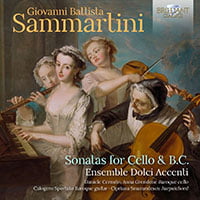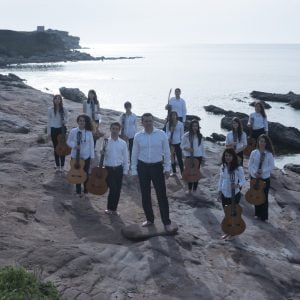ROCOCÒ AND CLASSICISM
The triumphal rise of the natural sciences in the 18th century produced a complete change in man's general perspective and in his conception of the Universe. The past acceptance, free from criticism, of the doctrines handed down by the writers of Antiquity had been replaced by the empirical observation which in previous centuries had already led to Galileo's revolutionary discoveries, Newton and Keplero. Very soon, scientific methods were no longer limited to the domain of natural sciences. All manifestations of life were subjected to the control of "Reason". Superstition and bigotry were mercilessly exposed, in all areas of life there is “cheerfully got rid of "outdated prejudices". Methodically, the spirit of the Enlightenment corroded the pillars of the Christian faith. The Muses were, in turn, urged to submit to the tyranny of Reason.
The trend towards naturalism can already be observed in the Rococo style, which emerged from the second quarter of the 18th century. Shepherds and shepherdesses came into fashion, both in poetry and in painting, because they showed apparent simplicity, the elegance and shameless gaiety that the Rococo age adored. In music, this spirit produced the so-called "gallant style". The complexities of Baroque contrapuntal art were repudiated as contrary to Reason, and the monodic style became the cry of the day. «The ear», explained Mattheson, «often derives greater satisfaction from a single well-disciplined voice that exposes a well-cut melody in all its natural freedom, that from twenty-four simultaneous parts which, to all take their part in the melody, they force it until it becomes incomprehensible.» As for the emotional content, the aim professed by the songwriter Valentin Corner can be taken as typical: «Write pleasant attractive melodies, have fun, graceful, charming and cheerful". It should not be forgotten that the new Rococo style of music began to develop just as Baroque composition reached its peak with Sebastian Bach and Handel.
On the other hand, the dogmas of the new style did not remain without opponents, even in the younger generation. The English philosopher Edward Young and the German J. Georg Hamann demonstrated that the creations of genius do not depend on theoretical speculation and reasoning, but from a divine inspiration. In music, the fragile and light artistic idiom that had conquered Southern and Western Europe was replaced, especially in Northern Germany, from a more solid musical language, in which weight was given to expressive value and sensitivity (sensitivity). «The task of music», declared Daniel Webb in his Observations on the correspondence between Poetry and Music, is to "express the passions as they flow from the soul". And Philipp Emanuel Bach encouraged his students with the axiom: «A musician cannot move others, except when he himself is moved".
Even before Vewmpfindsamkeit reached its extreme in the «Sturm und Drang» of the early seventies, movement to which most of the great spirits of the time offered important contributions, we began to glimpse a fusion of the two main sources of Rococo music: gallant style and Empfindsamkeit combined in a new language of immature classicism, cheerful and light, but also tender and deeply feeling: a language that represented a delicate balance of form and content, of the voices of the heart with those of the intellect. The first attempts for a fusion of these apparently contradictory elements began to be made as early as 1760, ten years before the classical style began to express its mature fruits with the quartets and symphonies of the forty-year-old Haydn. Perfection will be achieved with the creative fullness of Haydn and Mozart.
This is an evolution that can be observed in the most diverse artistic and spiritual manifestations of the time. The Bachs' work was influenced by these changing trends, at the same time as he contributed greatly to shaping the new forms towards which the change tended.
And:I Bach the Karl Geiringer, history of a dynasty, Rusconi






Recent Comments